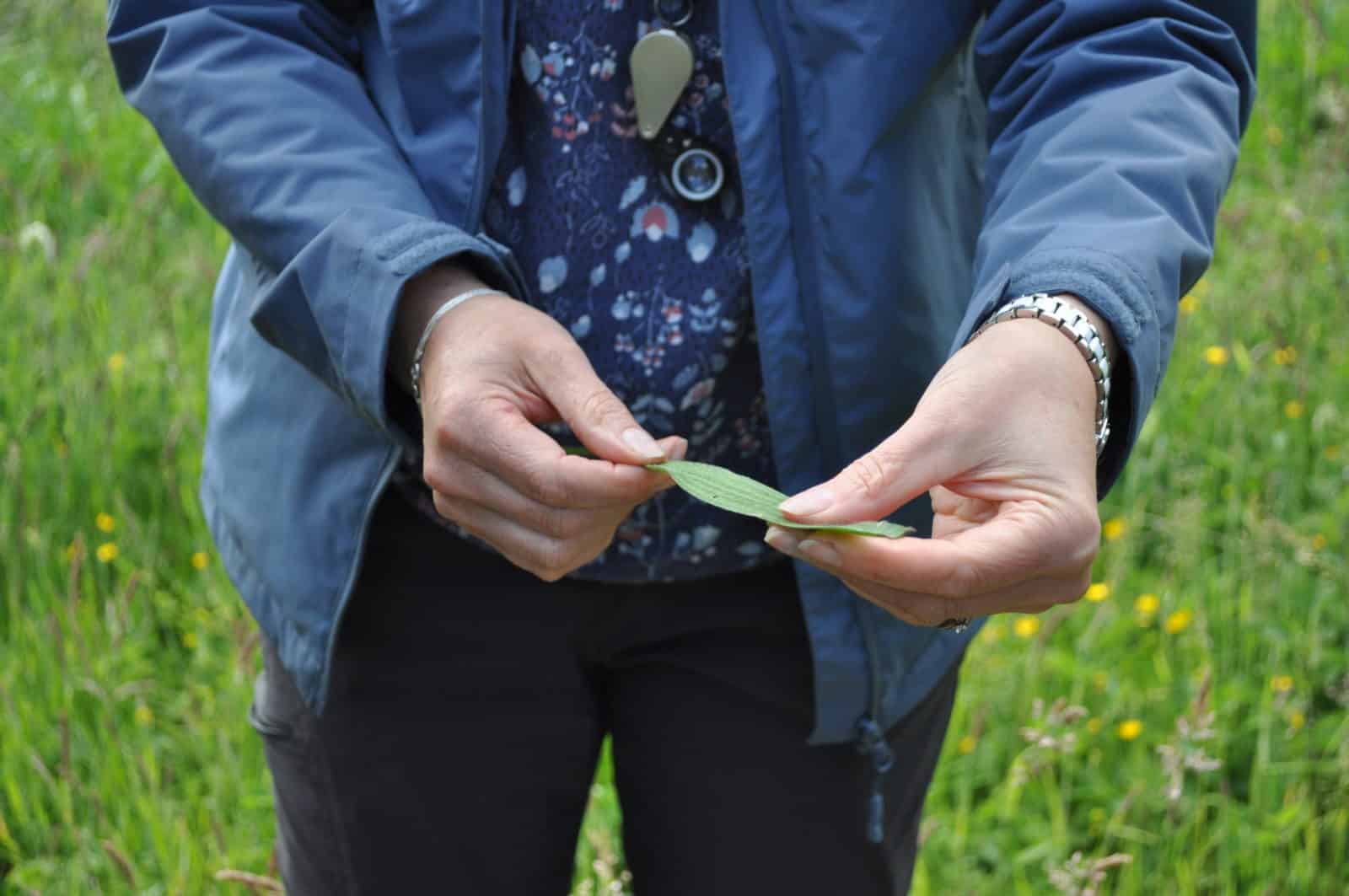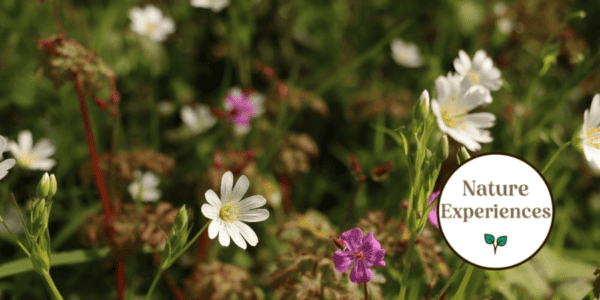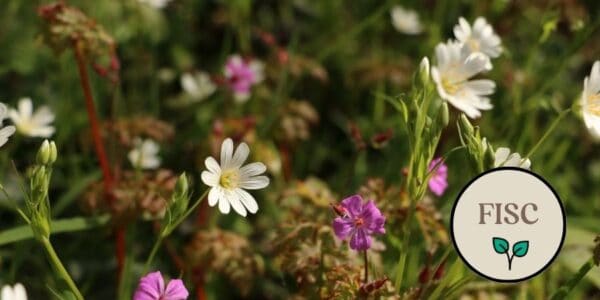The ability to accurately identify plants is a skill that can be employed (and enjoyed) by a wide variety of people, from those with an interest in their local plants, foragers, to professionals wanting to assess the value of habitats for conservation, development and land management.
This intermediate course will guide you through what may at times seem like a daunting amount of botanical terminology, and help you to build confidence in using the vegetative key for successful identification.
This course will cover:
- Developing understanding of what vegetative features are important in identification.
- A chance to have observed many of the botanical features used in the ‘Vegetative Key’, including the diversity of hair types that are used as key identification features for some groups.
- Developing ability to use the ‘Vegetative Key’ to identify many of the species you may come across.
- Increasing awareness of the limitations of the ‘Vegetative Key’ for some particular genera/species groups.
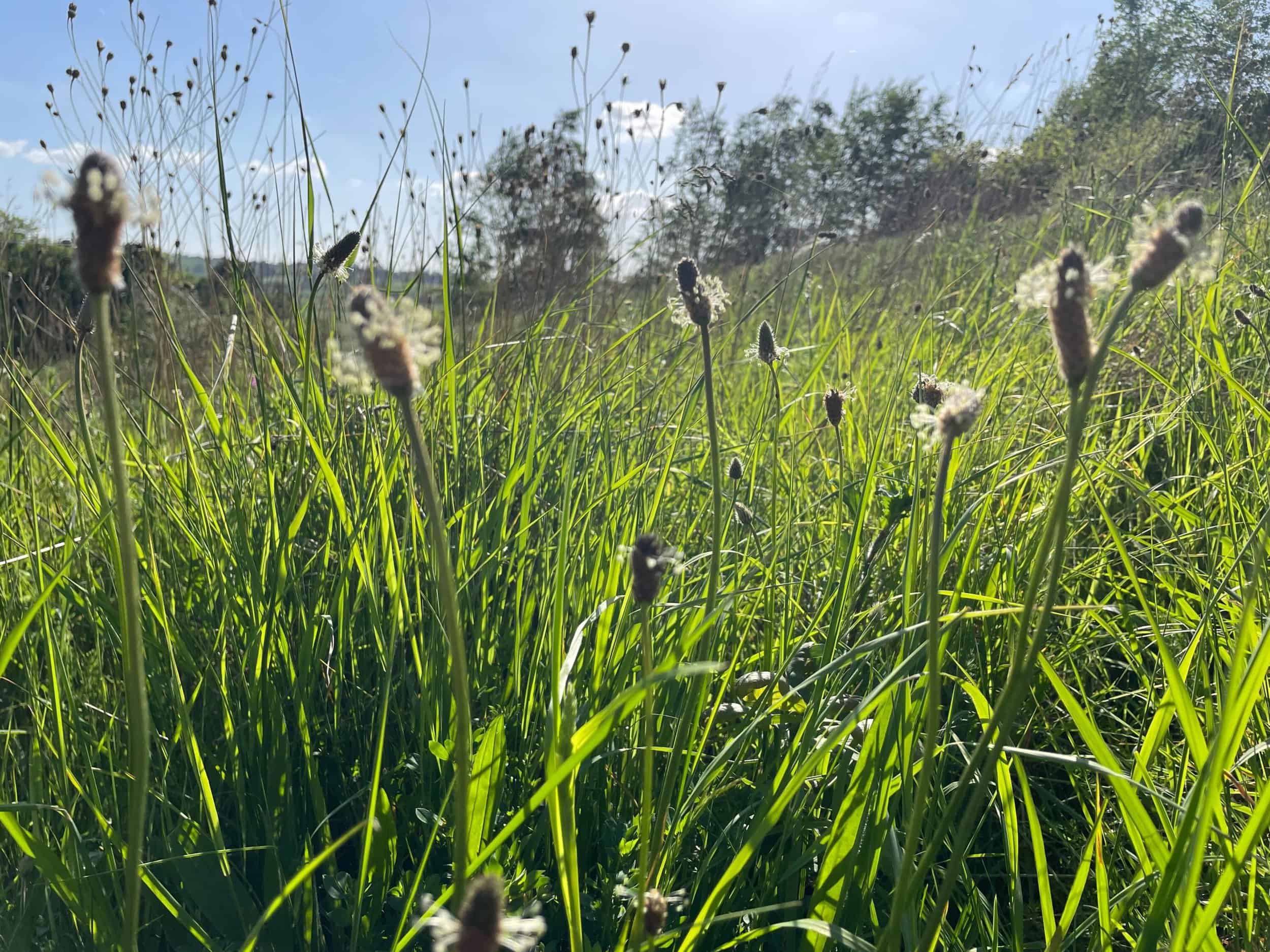
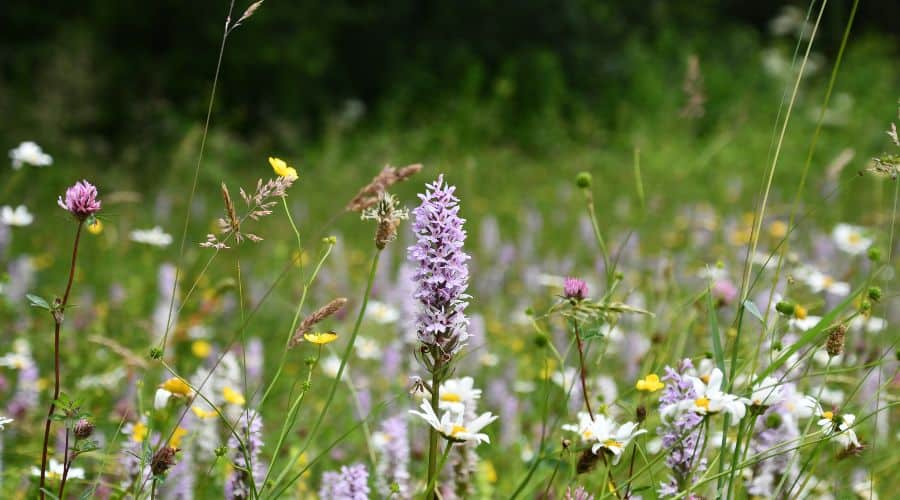
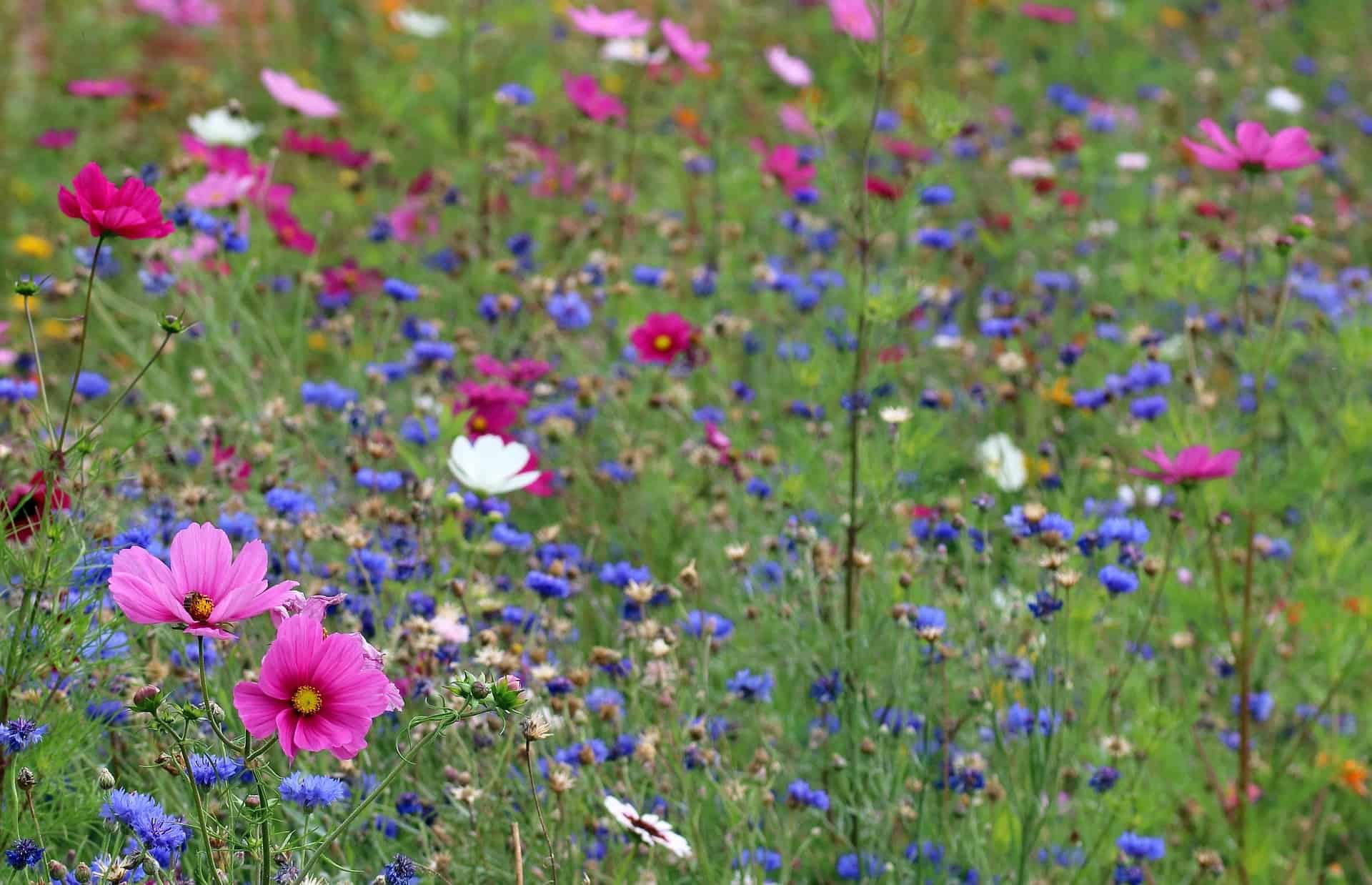
Read More
In many books and courses the focus of plant identification is on flowers, with foliage almost an afterthought.
This has changed with the new Vegetative Key to the British Flora by John Poland in 2010 (and the revised and updated 2nd edition in 2020), which relies on using vegetative characters for identification.
Not only is the key impressive in its coverage of plants (both native and non-native), but also in the speed in which identifications can be made.
In the short time that ‘Vegetative Key’ has been available it has been taken to heart by botanists and ecologists alike as it enables them to make accurate identifications and effectively extends the botanical field season.
Concentrating on the characters used in the ‘Vegetative Key’ you will discover the weird and wonderful world of botany and find out how easy it can be to make an accurate identification. Using a hand lens or microscope you will come to marvel at the structures and details to be found in even the commonest species. Working through the ‘Flora’ together participants will discover a range of characters that regularly crop up in the key and, these will be further illustrated with specimens and presentations.
Focusing on practical skills, with group and individual keying out both in the classroom and field, this course is ideal for amateur or professional botanists/ecologists both in the voluntary or ecological sector. Through a mixture of presentations, practicals, group and individual work using the key, you will become familiar with terms such as compound, medifixed hairs and cordate, for example, and by the end of the course will have become more confident (and competent) in your ability to use the ‘Vegetative Key’ to identify a variety of different wildflowers.
A detailed illustrated handbook is provided for you to keep.
You may wish to purchase a copy of the Vegetative Key to the British Flora by John Poland (2nd edition) before the course, to allow you to annotate the book for your further use.
By the end of this course, you will have:
- An understanding of what vegetative features are important in identification.
- A chance to have observed many of the botanical features used in the ‘Vegetative Key’, including the diversity of hair types that are used as key identification features for some groups.
- An ability to use the ‘Vegetative Key’ to identify many of the species you may come across.
- An awareness of the limitations of the ‘Vegetative Key’ for some particular genera/species groups.
Who should attend? – Amateur and professional botanists/naturalists/ecologists, beginners to intermediate.
Knowledge level – Intermediate. Level descriptors can be found on the following webpage: Framework and Course Level Descriptors
Prior knowledge – Some prior knowledge is useful, but the course will start with the basics and progress during the day. You may have used identification keys for other groups, and those skills are transferable to this course.
PLEASE NOTE: There is no accommodation or meal facilities provided with this course. Refreshments (tea and coffee) will be available. If we are unable to reach viable numbers for this course, we will inform you of the course cancellation 4-5 weeks prior to the course run. We would recommend when purchasing accommodation and/or travel you should take out your own insurance.
Bookings will close if course capacity is reached.
Please email [email protected] if you have any questions.
About the Tutor
Mark Duffell
Mark Duffell is an experienced botanist with a lifetime’s interest in plants. He currently splits his time between running Arvensis Ecology (conducting botanical surveys and teaching botanical identification to undergraduate and postgraduate University students, consultants and environmental organisations) and working as a Lecturer with MMU on their MSc in ‘Biological Recording and Ecological Monitoring’.
Example Timetable
Example Timetable
This timetable is subject to change but should give a clear outline of what to expect.
- Please arrive in time for the course to start promptly at 10:00
- The course will end at 17:00
Morning: Presentation and workshop on naming of vegetative plant parts and how to go about identifying plants using ‘Vegetative Key’.
Afternoon: Looking at specimens and keying them out (indoors/outdoors).
Lunch break and breaks as required - lunch, and accommodation are not included. Refreshments (tea and coffee) will be provided.
What's Included
The course has been carefully created by expert tutors and educators to help you build your knowledge and apply it within the field surrounded by like-minded individuals.
The course includes:
- Classroom learning covering the theory of the species
- Field excursions to apply new knowledge
- Expert tuition for which the Field Studies Council is renowned
- Clear objectives and progression
- Refreshments (tea and coffee)
You can rest assured that the absolute best content from an expert in environmental education will be provided. In choosing a Field Studies Council course, you will be joining thousands of people who learn with us each year.
Bursaries and Subsidies
Student Discount
This course is eligible for a student discount. If you are a current student, please use discount code BioStudent20 at checkout for 20% off all Biodiversity courses.
Natural History Bursaries
There are a number of natural history bursaries available to help with the cost of your course. To find out if you and your chosen course are eligible, read more here.
Before You Attend
What to Bring
- Notebook and pencil
- Lunch and refreshments
- Sensible footwear and clothing for being outdoors
- Small bag to carry personal items
Recommended Literature
- You may wish to purchase a copy of the Vegetative Key to the British Flora by John Poland (2nd edition) before the course, to allow for annotations in the book for further use after the course
There will be a member of staff with first aid training and access to a first aid kit on site. If you have special medical or access requirements, please let us know as soon as possible so we can plan the course.
Opportunities to attend this course
-
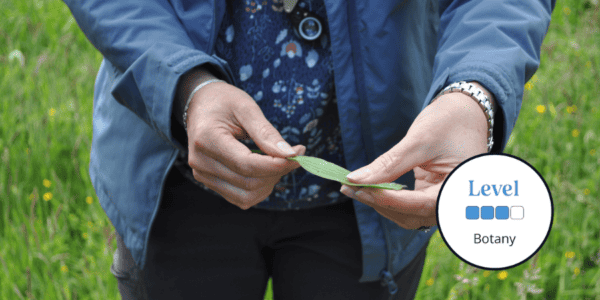
Sat 28, September 2024 10:00 - 17:00
If you would like to book accommodation, lunch and an evening meal at the Preston Montford Field Centre, please email: [email protected].
Progress Your Learning
This is a training course from the Field Studies Council, delivered by expert tutors with an approachable learning style. After attending this course, you may like to progress your learning with further relevant courses or branch out into other areas of natural history. The Field Studies Council offers both online and in person courses, so you can choose the learning style that suits you best.
The course gives you the opportunity to immerse yourself in a new subject and acquire novel skills. Our online portal gives you time to study at your own pace and fit the lessons around your own schedule.
If you have any questions about our courses please check our Frequently Asked Questions or email [email protected].
Group Bookings Made Easy
If you have a group of 10 or more individuals wanting to complete one of our courses, our team are available to discuss your options – from discounts to private team courses. Find out more!
You can rest assured that the absolute best content from an expert in environmental education will be at your fingertips. In choosing a Field Studies Council course, you will be joining thousands of people who learn with us each year.

